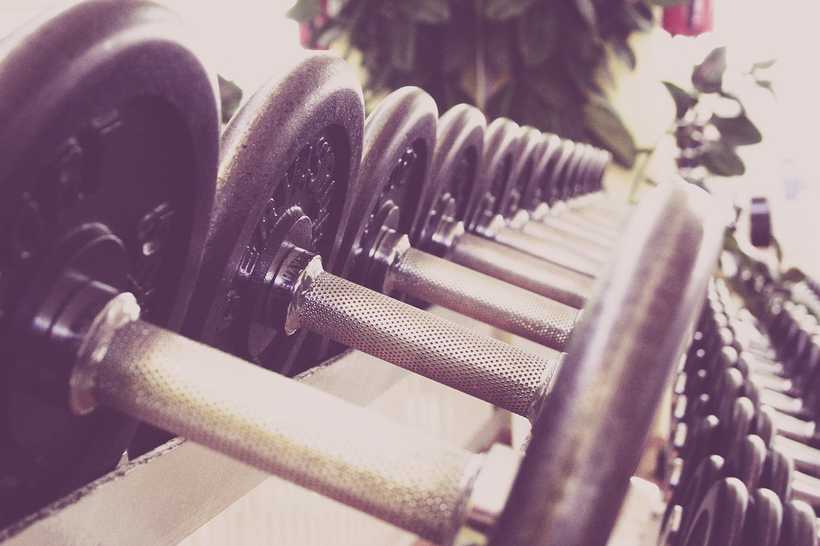After a rigorous workout, many individuals turn to protein supplements for muscle growth. However, there have been discussions about whether these protein supplements could potentially lead to hair loss. So, is there a higher likelihood of losing hair when taking protein supplements? Let's delve into the details.

Protein Supplements, Creatine, and Hair Loss
A quick online search reveals articles suggesting that creatine, a component found in protein supplements, might induce hair loss. Most of these claims are based on a study conducted at Stellenbosch University.
According to this study, when twenty adult male rugby players were given 25 grams of creatine daily for a week, followed by a maintenance dose of 5 grams daily for the next two weeks, their Dihydrotestosterone (DHT) levels increased by over 40%.
After 7 days of creatine loading, or a further 14 days of creatine maintenance dose, serum T levels did not change. However, levels of DHT increased by 56% after 7 days of creatine loading and remained 40% above baseline after 14 days maintenance (P < 0.001). The ratio of DHT:T also increased by 36% after 7 days creatine supplementation and remained elevated by 22% after the maintenance dose (P < 0.01).
DHT is a hormone that acts on hair follicles, potentially causing hair loss. Considering the close association between DHT and hair loss, it seems plausible that consuming creatine could potentially trigger hair loss.
Creatine and Hair Loss
DHT is a metabolite of testosterone and can cause hair loss by shrinking hair follicles. Analyzing the study more closely, it was observed that there was no increase in total testosterone in these individuals, and free testosterone was not measured. The increase in DHT and the DHT to testosterone ratio remained within normal clinical limits. Before supplementing, the DHT in the creatine group was 23% lower than the placebo group. However, after supplementation, DHT increased in the creatine group, and the placebo group experienced a decrease. These statistical changes suggest that creatine supplementation might activate 5-alpha-reductase in males, potentially leading to increased DHT formation. However, no study has reported hair loss in humans due to this.
Twelve other studies investigating the effects of creatine supplementation (doses ranging from 3-25 g/day for 6 days to 12 weeks) on testosterone were conducted. Two studies reported small, physiologically insignificant increases in total testosterone after six and seven days of supplementation, while the remaining ten studies reported no change in testosterone concentrations. In five of these studies, free testosterone, which the body uses to produce DHT, was also measured, and no increases were found.
Conclusion
While there is a possibility of an increase in DHT with creatine consumption, reviewing various studies suggests that there is not a clear causal relationship between creatine supplementation and hair loss. Additionally, there is no substantial evidence that creatine intake significantly increases testosterone, free testosterone, or DHT. Therefore, worrying excessively about creatine causing hair loss might not be warranted. Moreover, even if hair loss occurs due to creatine, discontinuing its use could lead to recovery within 3 to 6 months.
The recommended daily protein intake is 0.8 to 1 gram per kilogram of body weight. Excessive supplementation may have unexpected effects on the body, so it's essential to consume supplements wisely.